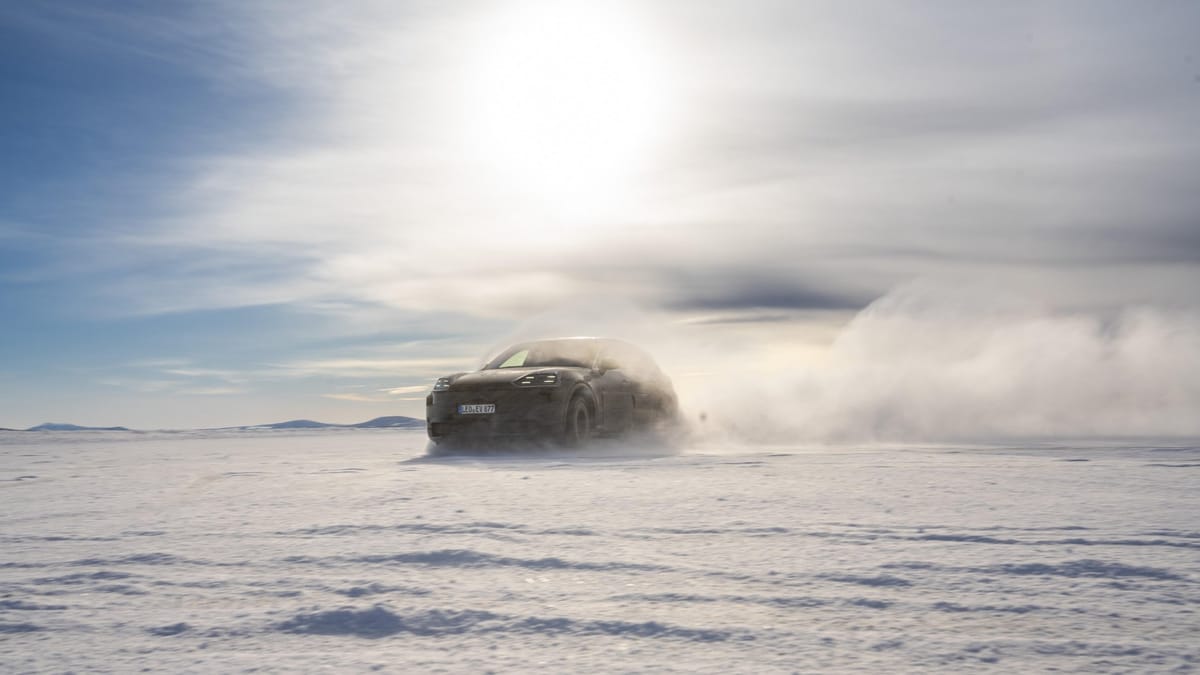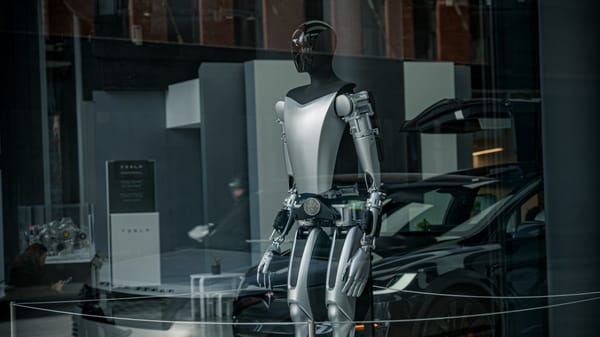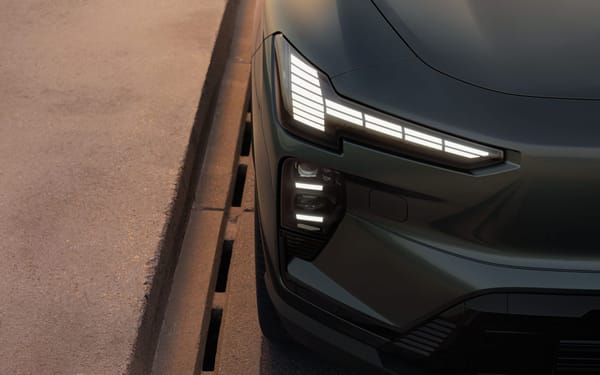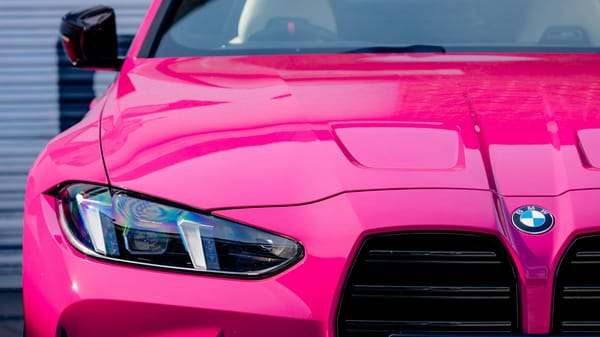Is Porsche AI-washing their new EV's?
The company told us that it saved 20 percent on development time for the upcoming Cayenne EV by using AI to test the car. But did it?

Porsche CEO Oliver Blume has probably been talking about AI to his troops. All CEO's seem to be doing it nowadays. But like most CEO's, Blume probably also doesn't really know what a company like his can actually do with AI. It's why it's been proven that 95 percent of all AI-implementations in businesses are failing.
Except Porsche seemingly belongs to the 5 percent of companies for which AI does work. The company told us that it saved 20 percent on development time for the upcoming Cayenne EV by using AI to test the car. But did it? The release was exceptionally vague about how Porsche actually used AI.
There was a short mention about using what is called a 'digital twin', which is often coupled with AI, but isn't really in the same ballpark. A digital twin is a digitally created duplicate of another digital entity on which tests can be done without damaging the original. Simply put: a copy, but a bit more complex than that, because it can react to influences from outside.
Porsche engineers used this digital twin to do some testing on digital recreated roads like the Nürburgring. That isn't really interesting and has probably been done long before AI was such a hype. What is interesting, is that Porsche coupled this digital twin and the data it created to a real physical copy of the drive train. It fed the input from the twin to the real model to see how it would react in real time.
Porsche could have used AI to interpret the data that both the digital twin and the real life model produced, but it mentioned that engineers did just that. So it still remains a mystery to me where Porsche has used this 'artificial intelligence' to gain a meaningful advantage.
I'm also guessing that the switch to a fully electric drive train makes this kind of digital testing a lot easier to do. In the end it means there are a lot less moving parts that have to be taken into account in the digital twin, which should make calculations done on it a bit more easy or at least faster. Hence a big chunk of development time saved by just taking this into account.
To be fair, the press release mentioned AI not that much, but the fact that the media picked it up as if it was a break through thing, is what confused me. It's not like Porsche asked ChatGPT how to build a Cayenne and did just that. It just used mostly pretty conventional methods which enable a more digital approach to development, which are in turn made possible by the increasing amount of compute that has become available over the last few years.
I mean, Porsche itself is putting the emphasis on humans doing most of the important work designing and testing the vehicle that will be shown to us before the end of the year. It even is claiming it's taking the car to all the regular testing grounds to see if the electric drivetrain can handle the thermal load under extreme conditions. A thing the Germans could've easily tested using a digital twin and some AI driven data processing.
Going back to the AI-washing thing. It's funny to think that I'm sat here, writing about a very common testing practice in the automotive industry, just because Porsche used 'artificial intelligence in a press release which the media blew out of proportion. I'm guessing the marketing and PR-people found a valuable use of AI for them: mentioning it in a press release will help it sell to the media a lot better than the company knows how to sell cars at this moment. Or maybe, just maybe, the mention of AI will help sell a lot of fully electric Cayennes.
I'm pressing 'X' for doubt on that one...
In other news:
In a previous edition I mentioned the Chinese are looking into the dangers of door handles that disappear into the car doors and potentially banning them. The Americans of the NHTSA are a bit late to the party, but are doing the same. To make things weirder, they're only targeting Tesla. There might still be some bad blood between the regulators and Mister Musk.
Talking about regulators taking action, I'm guessing China will be looking into flying cars real soon. Two of the e-VTOL (electric-Vertical Take Off and Landing) vehicles made by Xpeng collided with each other mid air during an air show in China.
BMW is finally clearing the air on one of the most stupid lies it ever tried to hold up. You already know this: big grilles are for China, not for us. Thank God nobody believed BMW when it kept claiming their car design was not only for China while it kept increasing grille sizes. But Head of BMW Group Design, Adrian van Hooydonk is still holding on to the big grilles for upcoming cars. According to him they're a fundamental part of the brand. Let's just hope they will be a little bit less bigger.





